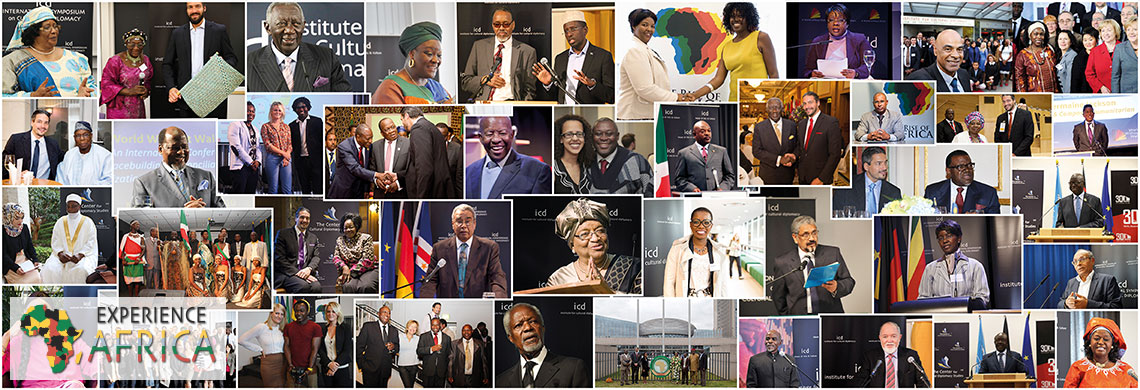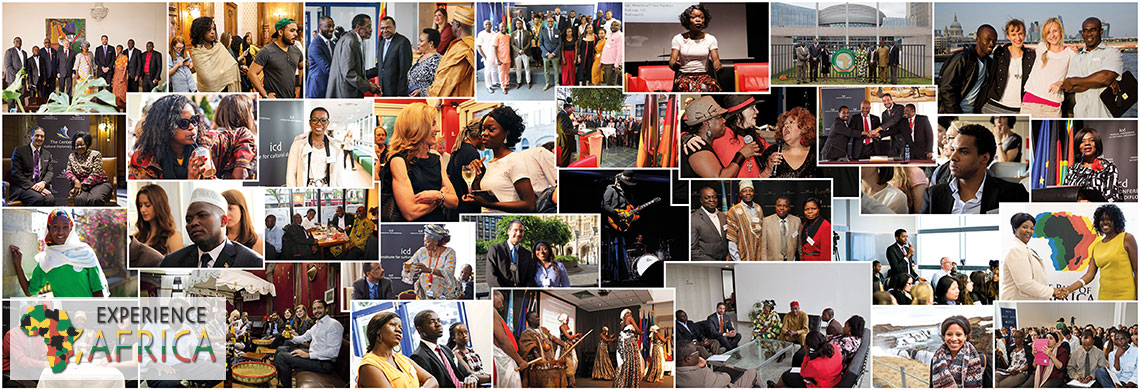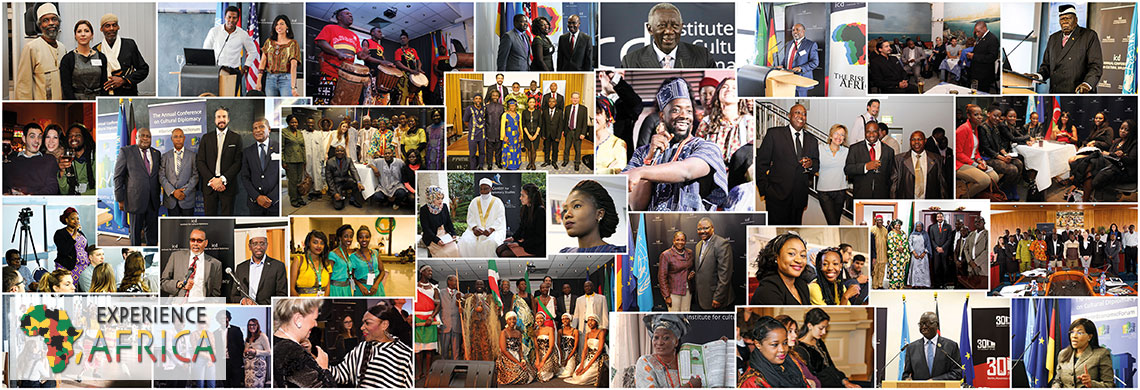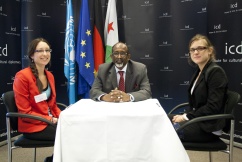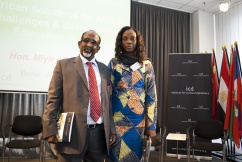A Lecture by The Hon. Miyir Ali Suleiman, Ombudsman of the Republic of Djibouti
Berlin
The ICD welcomed The Hon. Miyir Ali Suleiman, Ombudsman of the Republic of Djibouti, to the ICD House on Wednesday, 26th June, 2013
Mr. Suleiman, Ombudsman of the Republic of Djibouti, delivered a lecture at the ICD house on the topic of “African Solutions for African Challenges and Development: Education in Africa”. Throughout his speech, he explored the role that Education has in reaching the Millennium Development Goals set in 2000. Following this, he explained the importance of ensuring access to primary education for every child within Djibouti. He clarified that this is because if children can read and write and be interested in learning their parents are more likely to support the education of their children into the future. This will ultimately lead to improvements in productivity within the Djibouti economy. He explained that without new generations having access to good quality education development cannot be realized. He pointed out, within the lecture, that a brain drain effect is recently being seen within Djibouti. This is negative because teachers within Djibouti are well trained and are of good quality, however many are moving abroad to seek higher wages, causing these high standard of teachers to leave the Djibouti education system.
This lecture was followed by a question and answer session which enabled the participants of the Symposium to ask direct questions to Mr. Suleiman to further explore the themes discussed previously. Topics included whether the millennium goals were too ambitious or whether the mechanisms used within Africa were not adequately implemented to achieve the targets by 2015. Mr. Suleiman responded by stating that the goals are indeed ambitious however he felt that Africa had not tried hard enough to achieve them and more improvements still have to be made, especially in the field of education. Another issue raised was whether culture and societal attitudes needed to change before successful reforms to the education system can be implemented, especially in the attitude to female education. For example, in rural areas females are seen as the traditional homemakers and therefore an official education was less important than for boys as the girls will grow up to cook, clean and bear children. This presents a barrier for all children to access primary school education within Djibouti. Mr Suleiman wholly agreed with the point raised and stated that this cultural attitude needs to change to enable the country to continue to develop. He then went on to explain that in rural regions uptake of formal education is considerably lower than those in urban regions and therefore scholarships are being put into place to hopefully correct this.
After the question and answer session, Lucie Gil and Margeux Narbey conducted an interview with Mr. Suleiman. During the interview Mr. Suleiman pointed out the importance of cultural diplomacy especially between the government and the general public to fully achieve the needs of the country’s population. He stated that an intercultural dialogue should always be present to strengthen multiculturalism, strengthen law and justice and strengthen democratic governance. Other questions answered within the interview included the role of women within Djibouti society. He stated the role of women is politically important and he believes that Djibouti is a forward thinking country in terms of gender equality. Additional to this he stressed the importance of youth within Djibouti. This is because half of the country’s population are below twenty years old. Djibouti has a successful national service system which is closely linked to the private sector. Therefore, this initiative provides apprenticeships to enable young Djiboutians to enter the labour market and begin their careers. Mr. Suleiman said that this scheme has helped hundreds of young people to move out of unemployment and into the job market, contributing to the continuing development within Djibouti.

